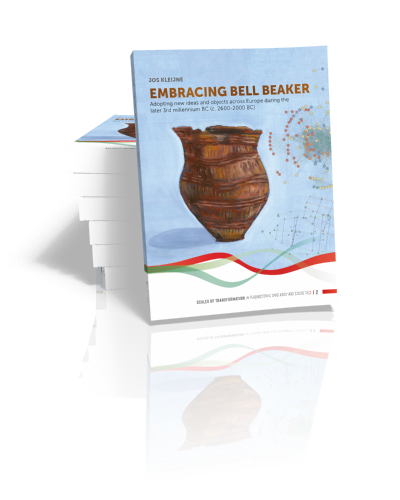
Embracing Bell Beaker
Adopting new ideas and objects across Europe during the later 3rd millennium BC (c. 2600-2000 BC)
Jos Kleijne | 2019
Paperback ISBN: 9789088907555 | Hardback ISBN: 9789088907548 | Imprint: Sidestone Press Dissertations | Format: 210x280mm | 300 pp. | Scales of Transformation 02 | Series: Scales of Transformation | Language: English | 91 illus. (fc) | Keywords: archaeology; Late Neolithic; Bell Beaker phenomenon; settlement archaeology; innovation; network analysis; mobility; prehistoric pottery | download cover | DOI: 10.59641/c5467fo
Read online or downloaded 1700 times
- Digital & Online access
-
Buy via Sidestone (EU & UK)
-
Buy via our Distributors (WORLD)
For non-EU or UK destinations you can buy our books via our international distributors. Although prices may vary this will ensure speedy delivery and reduction in shipping costs or import tax. But you can also order with us directly via the module above.
UK international distributor
USA international distributor
-
Browse all books by subject
Browse by subject
-
Search all books

We will plant a tree for each order containing a paperback or hardback book via OneTreePlanted.org.








